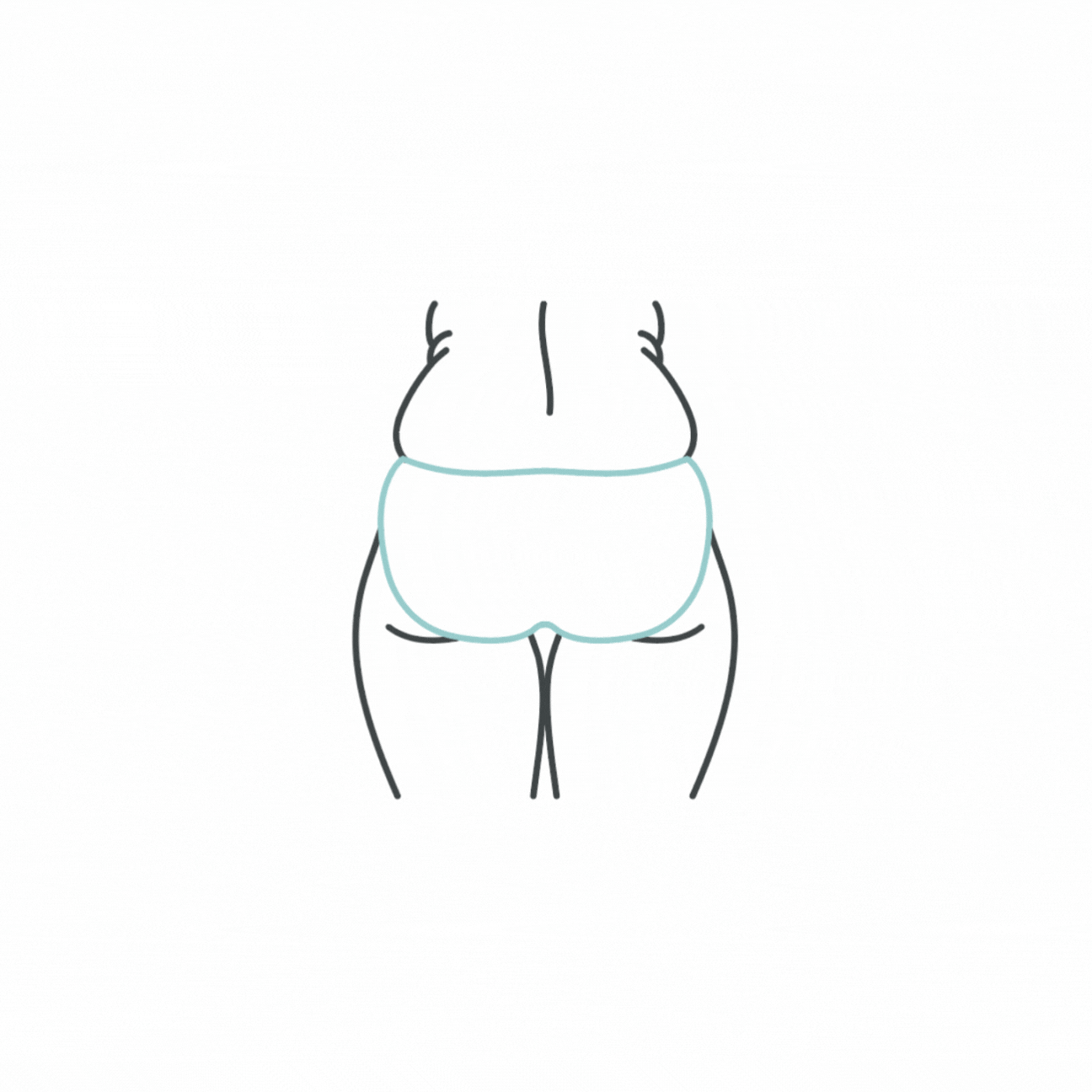
Liposuction FAQ
Consistently one of the most popular plastic surgery procedures, liposuction is an incredibly effective way to remove localized areas of fat and is also how we take out fat that’s then specially processed to use in fat grafting for reconstruction or augmentation. I’ve outlined some of the most commonly asked questions below but if you have any additional ones feel free to reach out to me via email or on Instagram.
Q: What is liposuction?
A: Liposuction is a surgical procedure that removes excess fat from specific areas of the body to achieve a more contoured appearance.
Q: Am I a good candidate for liposuction?
A: Liposuction is suitable for individuals who have excess fat in specific areas of the body that do not respond to diet and exercise. It works best in areas that do not also have a lot of extra skin.
Q: What does the procedure involve?
A: During the procedure, a cannula is inserted through a small incision in the skin and is used to suction out excess fat cells from the targeted area. The procedure can be performed under local anesthesia with sedation or general anesthesia, depending on the extent of the surgery and the patient’s preference.
Q: Is liposuction safe?
A: While liposuction is generally considered to be safe, it does carry some risks, including bleeding, infection, scarring, fluid buildup, and anesthesia complications. Patients should be aware of these risks before undergoing the procedure and should carefully follow all pre- and post-operative instructions provided by their surgeon.
Q: What is the recovery period like?
A: The recovery period after liposuction varies depending on the extent of the surgery and the patient’s individual response to the procedure. Most patients are able to return to work and normal activities within a week after the procedure. However, strenuous activities should be avoided for several weeks, and compression garments will need to be worn to help reduce swelling and promote healing.
Q: Can the results of liposuction be permanent?
A: While the results of liposuction can be long-lasting, it’s important to maintain a healthy diet and exercise routine to prevent future weight gain and preserve the results from surgery. The aging process and other factors can also affect the results of liposuction over time.
Q: How can liposuction be used for fat grafting?
A: Liposuction can also be used to remove excess fat from one area of the body and transfer it to another area as part of a fat grafting procedure. This can be used for various cosmetic and reconstructive purposes, such as adding volume to the face, breasts, or buttocks, or reconstructing areas affected by injury or disease. The fat removed during liposuction is carefully processed and purified before being injected into the desired area to achieve natural-looking results. Patients considering fat grafting should discuss their options with a qualified plastic surgeon to determine if this procedure is right for them.



